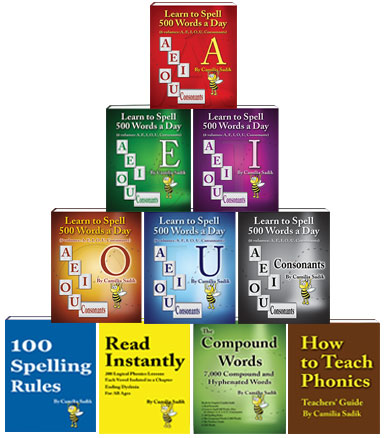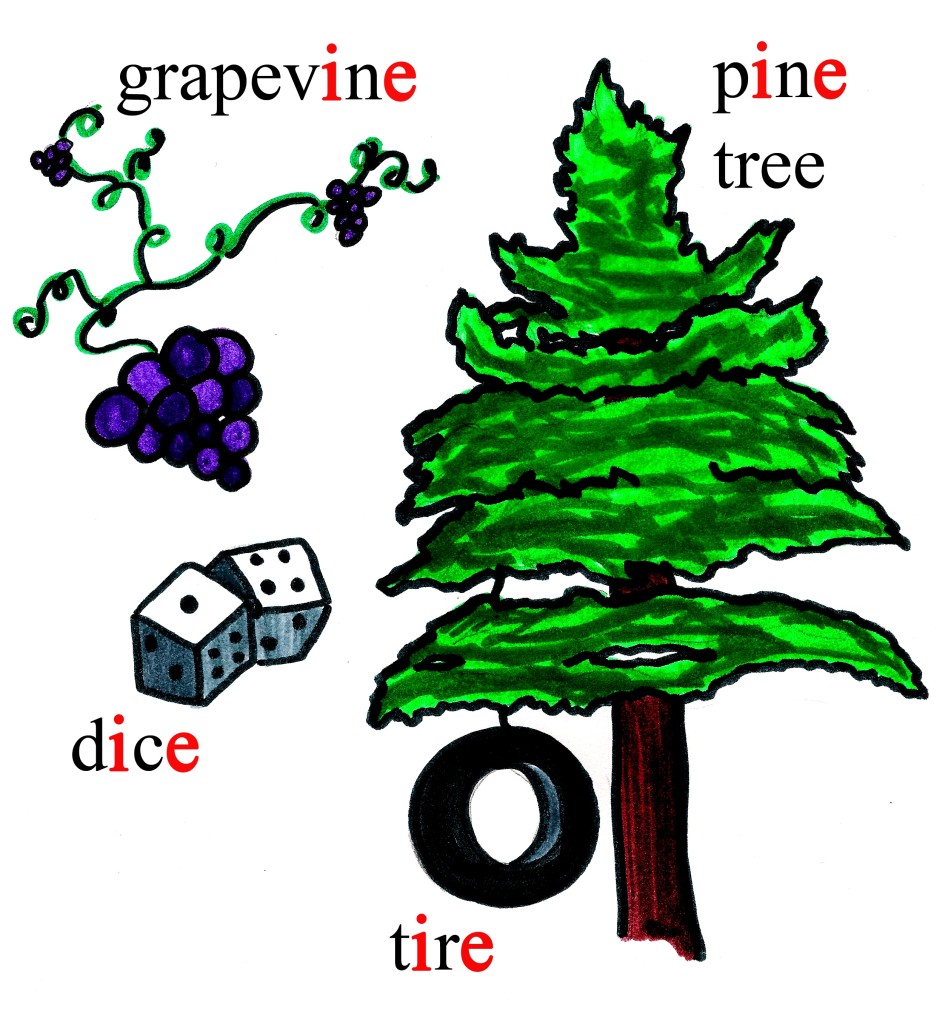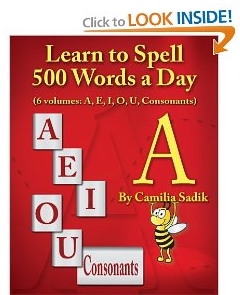What are phonics?
Meaning of Phonics and of Learning Phonics
What is phonics?
What do we mean by learning phonics?
Teaching Phonics in 32,000 Words
Sample phonics lesson taken from The Vowel A to teach the “aw” sound as in “Dawn,” which is spelled in three other spelling patterns, as in false, falls, and auction:
Dawn took the straw·ber·ries out of the freez·er to let them thaw. Dawn drank her straw·ber·ry shake with a straw. Dawn ate raw veg·e·ta·bles and cole·slaw. Dawn ate shrimp and prawns.
Dawn was awe·some. Dawn was not awk·ward. Dawn spoke with a South·ern drawl. Dawn gave a long, drawn-out speech at her job. Dawn wan·ted to draw up a new plan. Dawn wan·ted to draw back from the com·pa·ny’s old a·gree·ment. Dawn saw a law·yer to dis·cuss busi·ness with him. Dawn’s com·pa·ny spawned hun·dreds of new com·pa·nies. Dawn wan·ted to with·draw her mon·ey from the com·pa·ny’s bank. Dawn’s with·draw·al was a huge with·draw·al.
Cannot Memorize without Spelling Rules
Logical learners cannot learn or memorize anything without seeing the logic behind what they are about to memorize. Without logical spelling rules, logical learners whose learning style is a logical learning style, usually have various types of difficulties in spelling or in reading or in both. In English, memorizing the 26 letters is not enough. In English, one needs to memorize over 90 sounds we call phonics, over 180 spelling patterns of the 90 sounds, and which of the spelling patterns to choose when spelling every single sound in every English word.
Logical Learners → Poor Spelling → Dyslexia
10 Comprehensive Phonics Books or E-books






